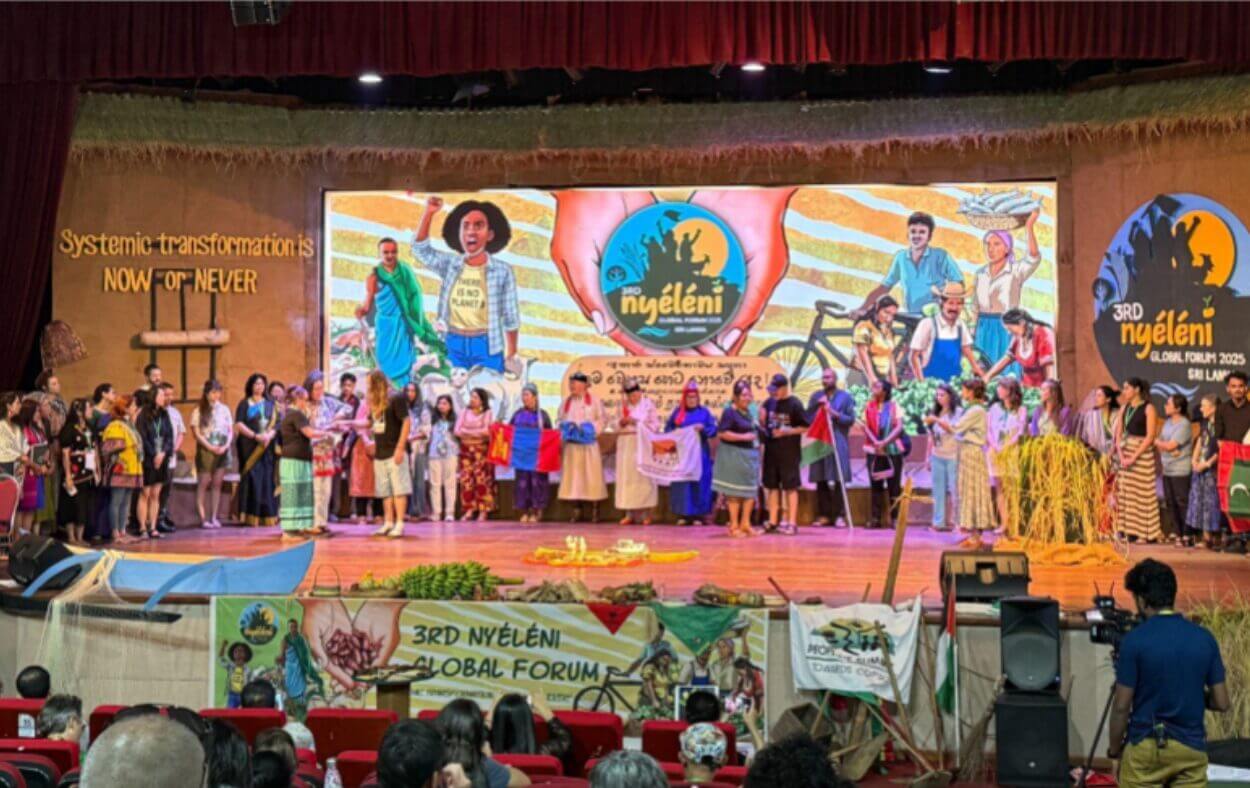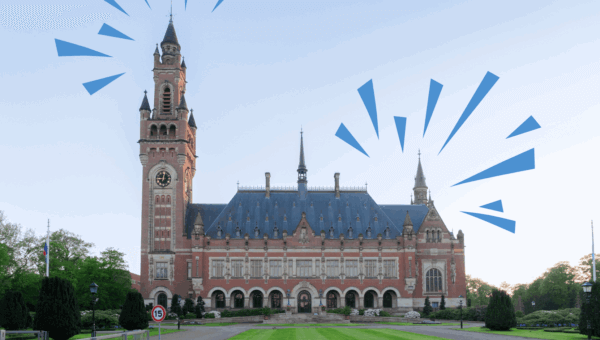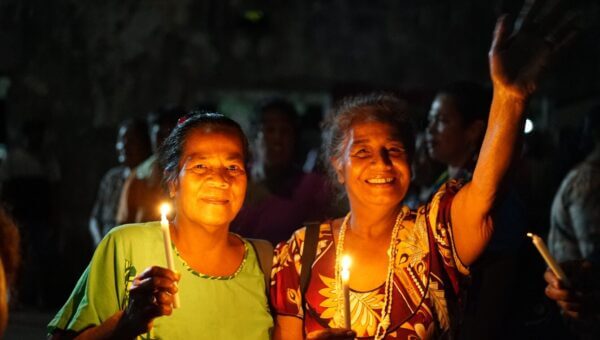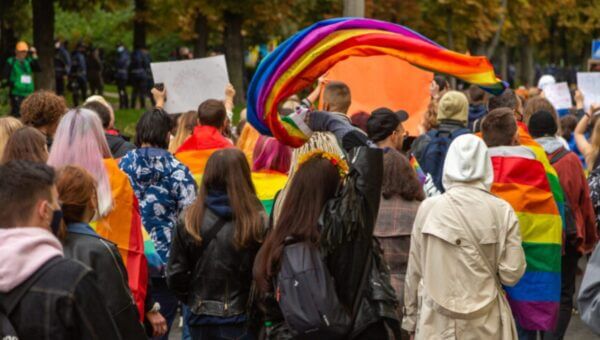In early September, I traveled to Kandy, Sri Lanka, for the Third Nyéléni Global Forum and what one social movement leader called “the most important gathering of grassroots forces committed to building a world beyond capitalism, colonialism, patriarchy, racism, and fascism.”
After the time I spent there, I wholeheartedly agree. So you might be wondering, “What is Nyéléni and why haven’t more people heard about it?”
In 2007, social movements and allies from around the world gathered for the first International Forum on Food Sovereignty. The forum was called “Nyéléni” after the village in Mali where it took place. The second gathering, focused on agroecology, took place in 2015. This September, more than 700 people from 101 countries convened for the third.
While the first and second Nyélénis were more narrowly focused, the scope of this third gathering was broader and more ambitious. Global social movements like La Via Campesina, the World Forum of Fisher Peoples, the World Alliance of Mobile Indigenous People and Pastoralists spent the years leading up to the Third Nyéléni building powerful alliances across a diverse range of movements and issues.
Social, economic, and environmental collapses continue to intensify. Leaders in the food sovereignty movement recognized that frontline communities must urgently adopt a broader and more intersectional approach. The Third Nyéléni would be “a call to organize… Not only to resist, but to build — across territories, sectors, and generations.”
This power-building effort gathered people from movements representing Indigenous Peoples, peasants, fisherfolk, workers, pastoralists, feminist movements, grassroots environmentalists, people in migration, nomadic peoples, social and solidarity economy activists, people’s health activists, artists, and others. Together, we were united by the urgent call to action: “Systemic Transformation is Now or Never!” (Or, as many began to say: “Systemic Transformation, Now and Forever!”)
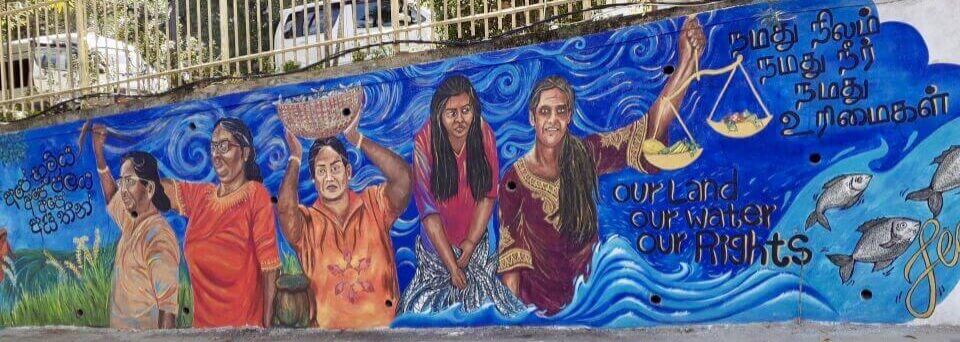
A New Way Forward for Philanthropy
The Nyéléni planning committee decided to invite a small group of allies working in “solidarity philanthropy” to join the space this year, and I was invited to attend the forum as a representative of UUSC, in my role as Director of Partner Support & Grantmaking.
This decision by the committee represented a recognition of philanthropy’s immense, though often underrealized potential to resource movements. Organizers recognize that social movements currently need philanthropic support, even though they strive for financial autonomy. Likewise, the philanthropic sector has often failed to align with the justice movements’ visions and efforts.
Philanthropy has a history of weaponizing funding to control movements’ political agendas, to delegitimize and invisibilize the work of frontline communities, and to promote the strategies of their own foundations situated in the Global North and led by the Global Minority. For contrast, it took the Nyéléni planning committee three years just to raise the ~$2 million it cost to hold the forum, while $1.5 trillion sits in the endowments of U.S.-based foundations alone. (UUSC contributed to the “Nyeleni Funder Circle,” formed last year, which organized and provided funding for the event.)
Language Justice in Action
To call this invitation to join the Third Nyéléni an honor, then, would be to severely understate its significance. There were 18 of us chosen from a dozen philanthropic organizations around the world, so the inclusion of even a small number of allied people in philanthropy was a deeply humbling act of trust by social movements.
In addition to being invited to attend all of the plenaries and thematic working groups, our delegation was asked to meet directly with the social movement leaders. This included a closed-door meeting with the forum’s Global Steering Committee to begin to build deeper relationships and develop a framework for how to collaborate in the future.
Nyéléni was a logistical marvel and a testament to movement organizing and what is possible when a group of determined people come together with a shared vision and an urgent desire to turn that vision into a reality.
In light of the 100+ countries represented at the forum, organizers ensured that simultaneous interpretation was available in 18 languages, provided by more than 70 interpreters. This was language justice in practice, guaranteeing that almost everyone present could communicate effectively and comfortably. It was also a power-building tool, showing how social movements build trust and validate their strategies and plans to achieve systemic change by ensuring everyone’s participation. When communities feel included, they will show up to co-create the future.
True Collaboration in the Social Justice Movement
The methodology of the forum was similarly an example of what a truly participatory, people-led process can look like and achieve. In the years leading up to the Third Nyéléni, an intentional process had already brought together “regional assemblies, thematic discussions, and consultations that fed into the content, vision, and demands” of the collective, ultimately building to a Common Political Action Agenda — a shared vision and action plan for systemic transformation which will serve as an organizing tool for movements and allies around the world in the years ahead.
At the forum, every participant had a draft of the Common Political Action Agenda (available in 18 languages, of course). Dozens of plenaries and regional working groups spent time reviewing and strengthening the document. Alongside these, a group of allied NGOs offered critical analysis and technical expertise.

What was perhaps most remarkable, however, was how the Nyéléni dialogues weaved together all of the systemic crises with the many grassroots responses being pursued across diverse contexts, communities, and struggles. This was more than just a narrative exercise; it was a key aspect of how social movements build alliances and arrive at “convergence” — the areas of commonality found within a diversity of voices.
Social movements understand that the process of building this convergence is just as important as the outcome. I saw firsthand how diverse voices and differing opinions were viewed as sources of strength, not hindrances. I saw how movements leverage tension and the capacity to deal with that tension, with openness and transparency, to deepen trust and strengthen their shared political agenda. As one of our delegation leaders observed, “Movements are obsessed with building power,” and I could see this principle being practiced, again and again.
A “Movement of Movements”
UUSC will continue to do our part to contribute to this movement. The “people in philanthropy delegation” is holding a debrief for the rest of the field on October 9th. Participants from our delegation will be joined by Anuka Silva (Movement for Land and Agriculture Reform), one of the global forum’s host organizations, to report back on the Global Forum and share insights and next steps.
As our delegation departed Sri Lanka, one activist shared that the forum was “a landmark moment in our collective struggle for systemic transformation.” A real, transnational “movement of movements” had been created. At UUSC, we are committed to supporting this movement of movements, helping to transform the philanthropic sector and the wider world.
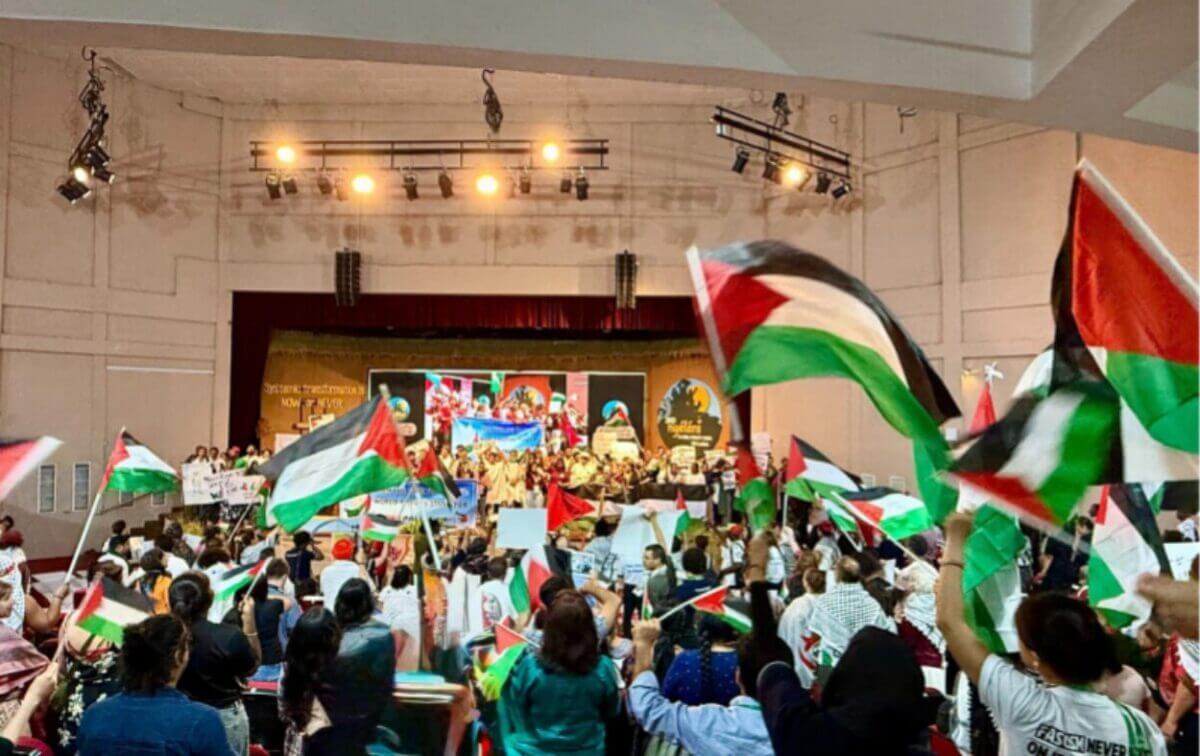
Support the movement of movements by becoming a member of UUSC. Your solidarity is essential in our global justice work! Join us as we work to build a better future
